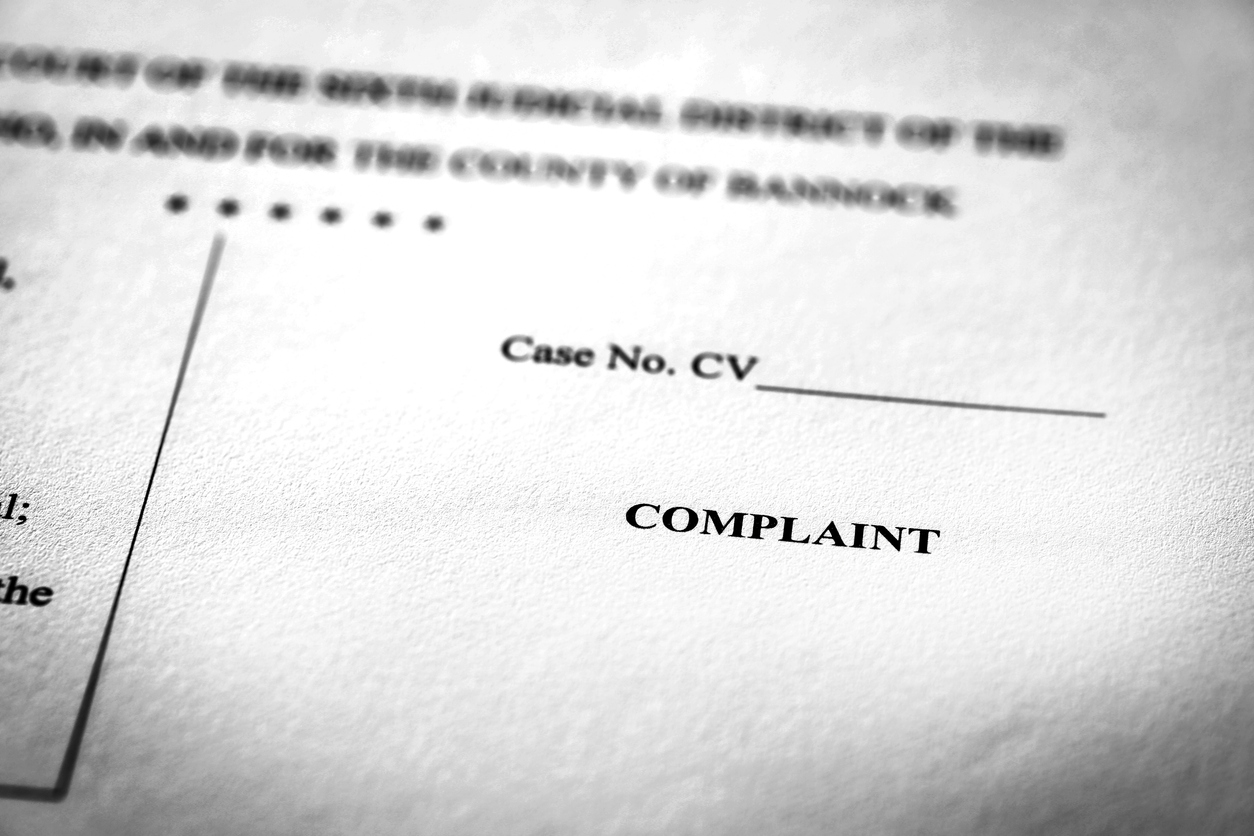On December 26, 2013, I wrote about Some "Do’s and Don’t’s" in Adjusting Claims. One of the most important Don’ts for a public adjuster is practicing law without a license. Recently, Scott Johnson commented on my previous blog asking me to provide an example of what may be considered a public adjuster practicing law.
The key case in Texas is Kubala Public Adjusters, Inc. v. Unauthorized Practice of Law Committee for Supreme Court of Texas.1 This case cites to Texas Penal §38.123, which provides the following:
(a) A person commits an offense if, with intent to obtain an economic benefit for himself or herself, the person:
(1) contracts with any person to represent that person with regard to personal causes of action for property damages or personal injury;
(2) advises any person as to the person’s rights and the advisability of making claims for personal injuries or property damages;
(3) advises any person as to whether or not to accept an offered sum of money in settlement of claims for personal injuries or property damages;
(4) enters into any contract with another person to represent that person in personal injury or property damage matters on a contingent fee basis with an attempted assignment of a portion of the person’s cause of action; or
(5) enters into any contract with a third person which purports to grant the exclusive right to select and retain legal counsel to represent the individual in any legal proceeding.
Texas provides certain exceptions within its definition for public insurance adjusters:
(3) “Public insurance adjuster” means:
(A) a person who, for direct, indirect, or any other compensation:
(i) acts on behalf of an insured in negotiating for or effecting the settlement of a claim or claims for loss or damage under any policy of insurance covering real or personal property; or
(ii) on behalf of any other public insurance adjuster, investigates, settles, or adjusts or advises or assists an insured with a claim or claims for loss or damage under any policy of insurance covering real or personal property; or
(B) a person who advertises, solicits business, or holds himself or herself out to the public as an adjuster of claims for loss or damage under any policy of insurance covering real or personal property.
Tx Ins. § 4102.001.
Therefore, it is clear that a Texas licensed public adjuster is authorized to negotiate claims on behalf of policyholders on a contingent basis. However, a public adjuster should not argue existing case law or statutes and make clear to the policyholder that an attorney may be needed if a dispute over coverage manifests itself.
The most common example that I see is a public adjuster citing case law in letters to the carrier. Even worse, I have seen public adjusters disagreeing with an attorney’s application of a case in writing. This will get a public adjuster in trouble. There is nothing wrong with consulting an attorney that you have a relationship with and qualifying your response. For example,
Upon receipt of your correspondence citing to the policy’s water loss exclusion, I consulted with Mr. Larry Bache of the Merlin Law Group. Mr. Bache advised that the exclusion does not apply under existing law based on the following….
Now you have addressed the issue and have not participated in practicing law. This simple extra step will prevent trouble for you down the road.



